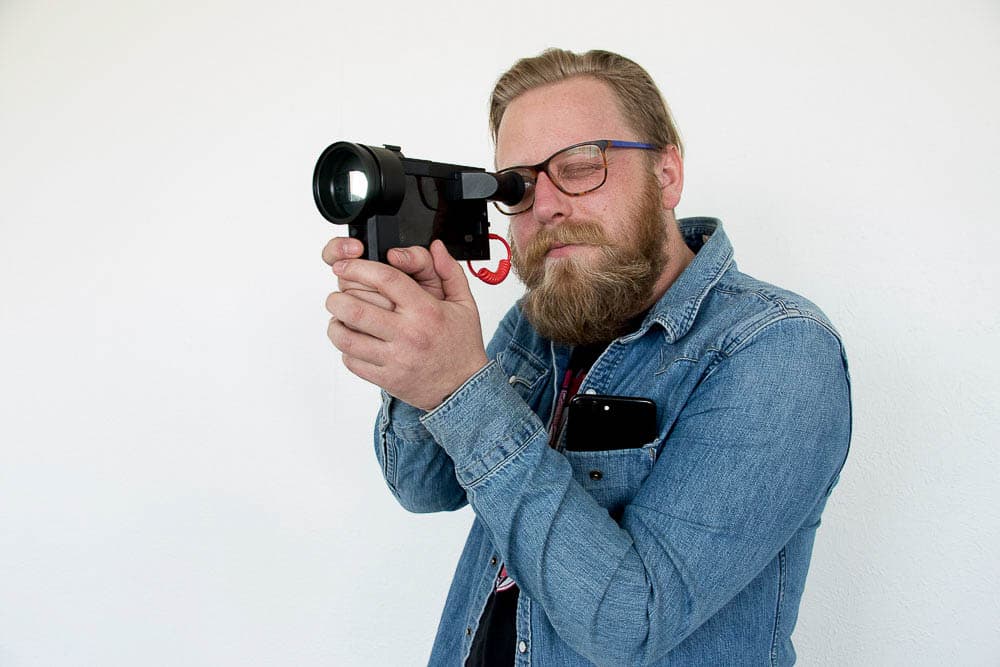STARTUP OF THE WEEK: Lumenati + cinebody
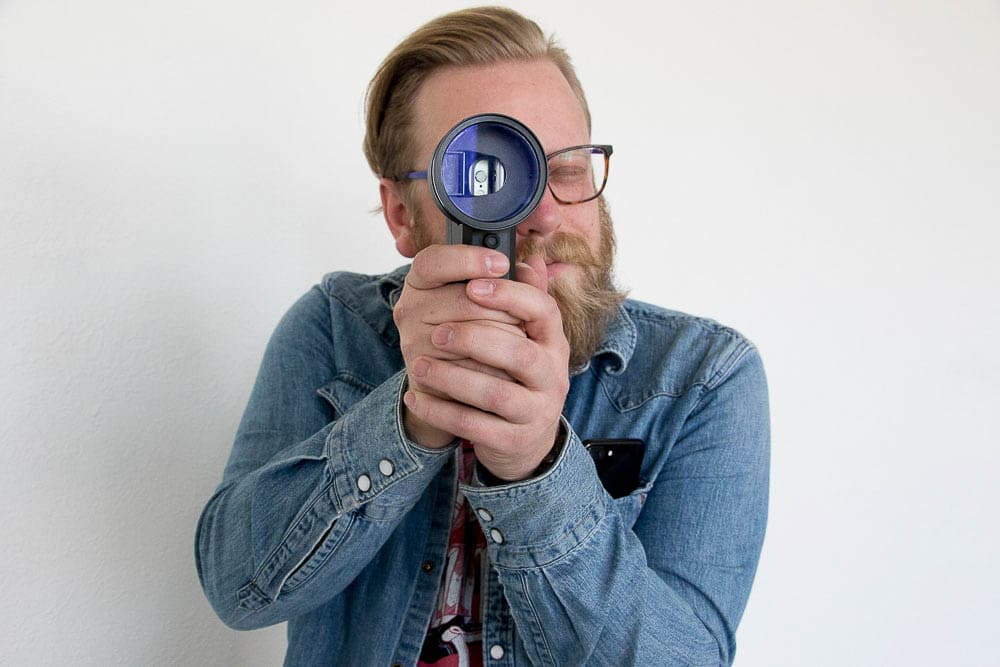
In this series, we visit Denver-metro, Boulder and Rocky Mountain region startups. Contact [email protected] or fill out our real cool form at the bottom of this page to be considered.
For companies long accustomed to captive audiences of yesteryear and advertising that moves at the speed of broadcast, the changing face of the American consumer poses a particular challenge.
Lumenati and its sibling company, Cinebody, are here to help.
Do you sit through commercials when you have 3,000 channels and all of your favorite shows pre-recorded? Do you even have cable?
Now, think about how you browse the internet. When's the last time you sat through an entire Youtube ad before you hit "skip?" Do you honestly stop to watch instant play ads as they cruise by on your newsfeed?
If you answered "no" or "never" to any (or let's be real, all) of these, you aren't a terrible person. You're just living in an age when trends and technology move at an average speed of 20 mbps -- the speed of the millennial.
Gavin Anstey and Evergreen native Scott McDonald founded Lumenati on Jan. 1, 2015, to re-envision brand advertising.
"It really is the spirit of the millennial that we are trying to shine through here, which is a bit, I don't know, less serious, more fun, more personal." McDonald said. "(We are) attempting to try to capture a group of people rather than just sell a product."
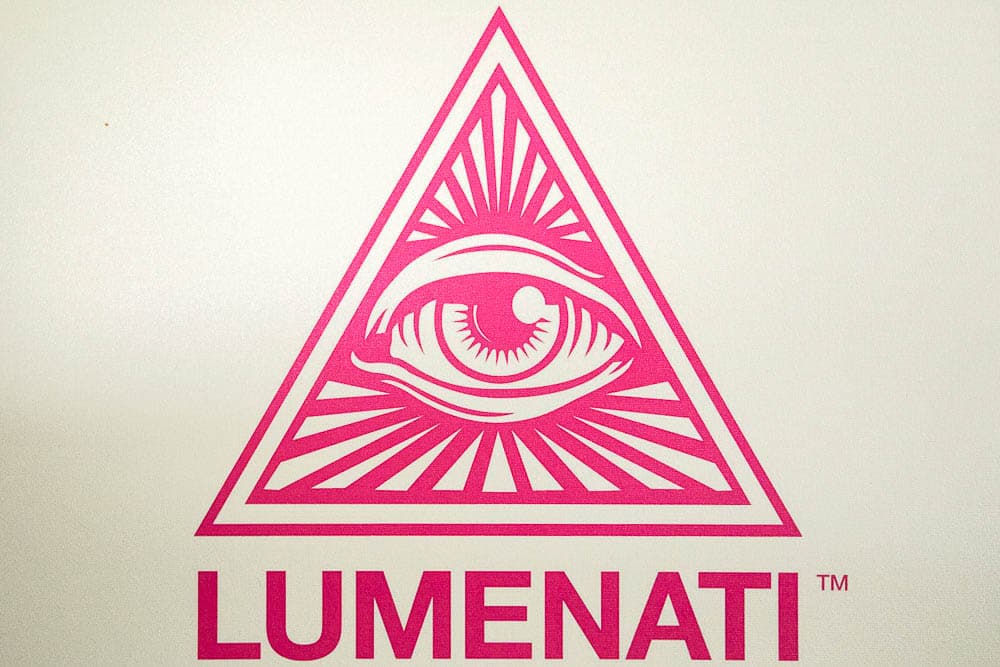
Lumenati works with such high-profile brands as Nike, Captain Morgan, Tristate Energy, American Express and more to create marketing campaigns with a fresh, authentic feel that hope to appeal to a changing audience.
"Creating content is so much different than in the past. You can't just create one commercial and call it a day, you have to have a constant stream of content," McDonald said. "We try to work with our brands to say, 'Hey, instead of one piece of content that goes on TV, you are better off creating 200 pieces of content that run throughout the year on social."
Before founding Lumenati, McDonald spent time working at Boulder-based Fearless Cottage where he met his mentor, Alex Bogusky of Crispin Porter + Bogusky. He said Bogusky passed on wisdom about changes in the advertising industry, especially in terms of the fast-paced, fickle way millennials consume content.
So fickle, in fact, that the behind the scenes videos Lumenati would post during a client's commercial shoot often proved more popular than the commercial itself.
"People are more interested in that, because of this world of authentic content," McDonald said. "That's the place people are moving."
Enter Cinebody.
Instead of sitting around on set, filming with their iPhones, "like idiots," the Lumenati team decided to create a really cool camera -- except it's actually a phone case.
Cinebody's hardware is modeled after the 1960s era Super 8 camera but works with the camera of an iPhone. The device has a digital viewfinder and works with an app that has settings for adjusting focus, exposure and frame speed.
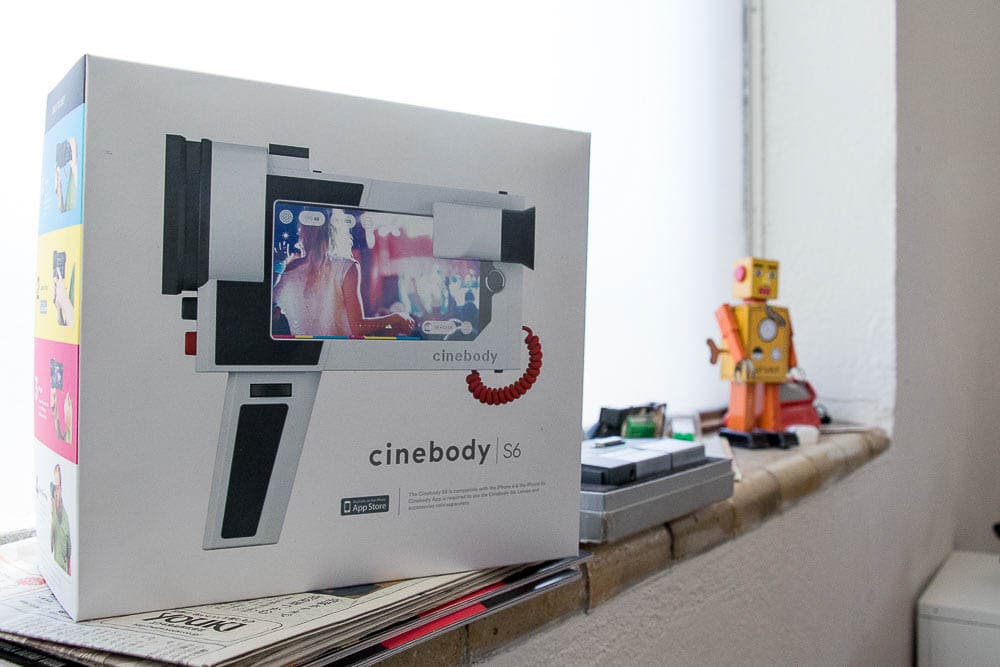
They put the Cinebody CS1 on Kickstarter in July 2015, and by the close of their campaign in August, they had sold about 1,000 cases and raised more than $190,000.
"We really started to realize that the real power there is the phone inside of these things," McDonald said.
The interconnectedness of the cloud makes instant shooting and uploading a reality, which McDonald said can be a real asset to brands.
"What started as a fun Urban Outfitters-y thing ... turned much more into a platform," McDonald said. "With this constant stream of content, a brand can create video every single day. They can't do that with traditional pricing or traditional production."
About midway through the Kickstarter campaign, the team behind Cinebody built the software to enable instant video uploads and storage. Now Cinebody works hand-in-hand with Lumenati to help develop clients' brand identities, and to create content in a way, the team hopes, will disrupt video production and advertising.
Picture this: You're running at a Nike event in New York City.
You and several hundred other runners are invited to download Cinebody's app and take videos of yourself and your friends during the event. Occasionally, you may receive a push notification dictating that you "take a slo-mo," shoot some feet or stand for a portrait.
By the time you've finished running, there is a video up on Facebook. Your clip is featured.
Now imagine that scenario is a reality -- because it was. Lumenati worked with Nike on such an event, several weeks ago.
Thanks to Cinebody's app, a team of Lumenati editors in Denver took those instantly uploaded, crowdsourced clips and turned it into close-to-live coverage of the event. With Cinebody, there don't need to be production people in the field. That keeps overhead low and turns smart phone users into better filmmakers. Plus, Nike had a piece of content out before the event even finished.
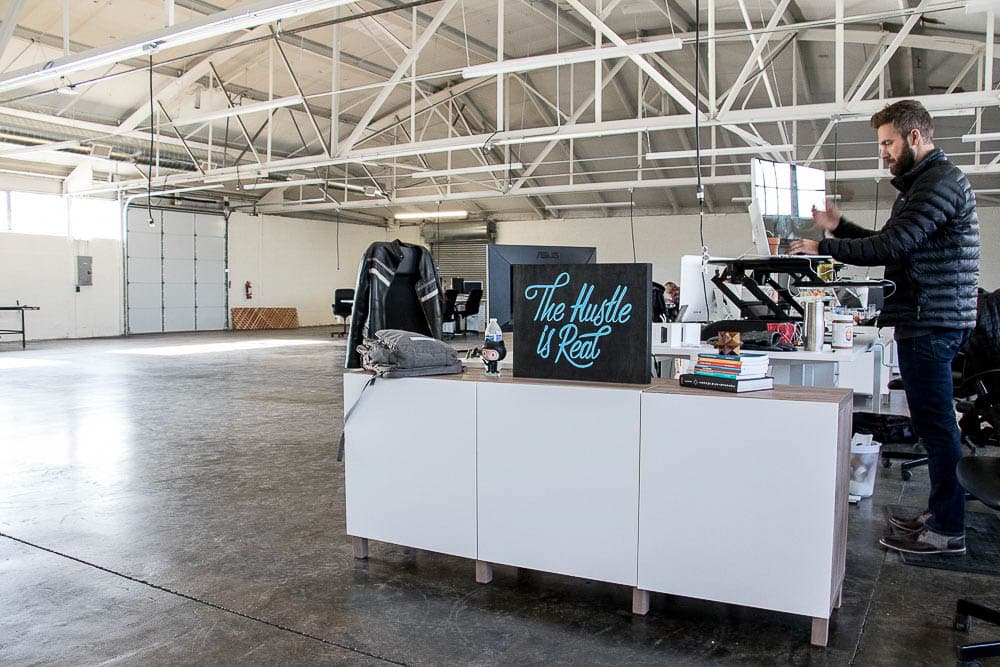
"For brands, this is so powerful for them," McDonald said. "We don't have to do live, which is sort of messy. We can do close to live but still have it be polished."
Cinebody's software is still in beta so, for now, McDonald said the company uses the software for partnerships with brands. The revenue comes from editing time, which Cinebody splits with Lumenati, and to a lesser extent from storage -- they only charge clients about $1 per gigabyte.
Lumenati, which was entirely self-funded from the start, turns revenue through more traditional routes. The team pitches projects to companies, typically on a per-project basis. But as with any creative entity working in today's gig economy, holding on to clients can be a challenge.
McDonald said many brands bounce around between production companies, rather than staying with one agency. And when one project takes about three to four months to produce, there is always pressure to get another client on the books.
With Cinebody, the challenges are those familiar to any tech entrepreneur. McDonald says working with unknowns is brutal in and of itself, especially when you add the search for funding or even occasional positive reinforcement.
But the teams behind Cinebody and Lumenati have big plans. Lumenati hopes to develop positive relationships with its current clients, as well as build new ones.
For Cinebody, the possibilities are endless. They are currently exploring a partnership with Spotify that would enable artists to crowdsource music videos, and an acquisition may be in the future.
Founder: Scott McDonald, Gavin Anstey
Employees: 5 paid, about 20 freelancers (Lumenati), 6 (Cinebody)
Industry: Marketing and advertising, Software
Founded: Jan. 1, 2015 (Lumenati),
Launched: Oct. 25, 2016 (Lumenati), August 2015 (Cinebody)
Funding: Self-funded (Lumenati), $192,768 from Kickstarter, $1.5 million in Angel Investment led by Bryan Singer
Office: 3839 Jackson St., Denver
Multimedia business & healthcare reporter Chloe Aiello can be reached via email at [email protected] or twitter.com/chlobo_ilo.
Subscribe to Denverite’s newsletter here

